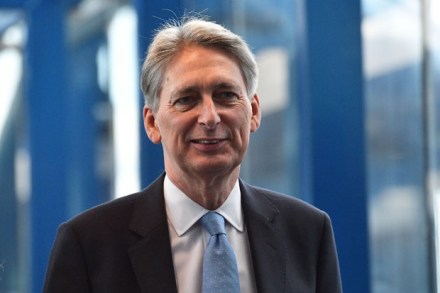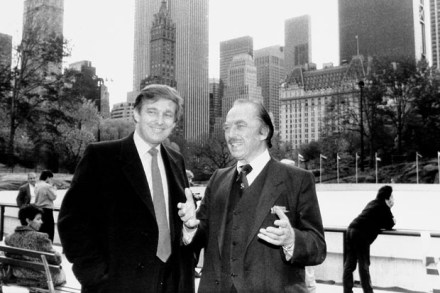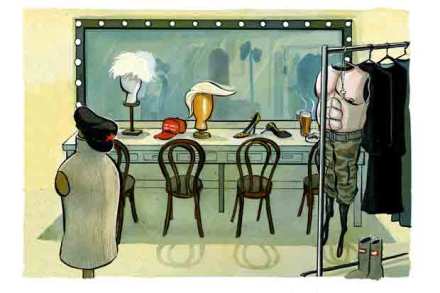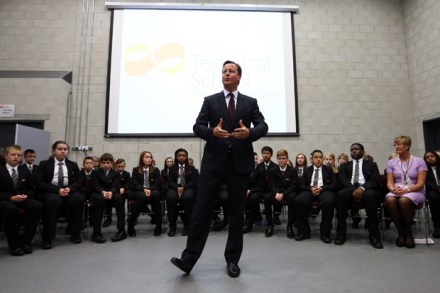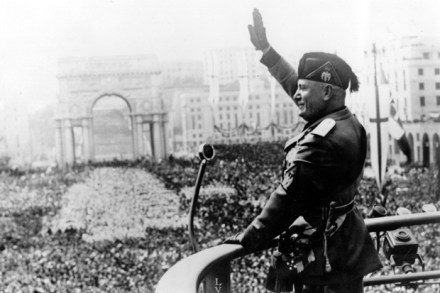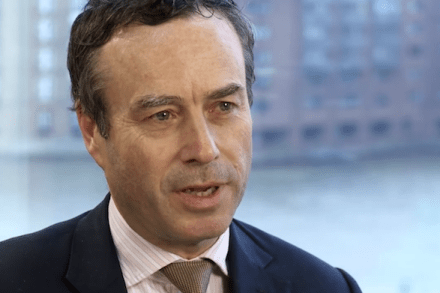It’s time for Hammond to send a ruthless hit squad into RBS
The new series of The Missing is surely the gloomiest television of the year. But it has nothing on the endless saga of RBS, which seems to use the same disturbing time-shift device: whenever there’s a horrible new plot twist, you have to spot whether we’re in 2008, 2011 or today. The crippled bank, still 73 per cent state-owned, has lost £2.5 billion in the first three quarters of this year, having just paid out another £425 million in ‘litigation and conduct’ costs chiefly relating to mortgage-backed securities hanky-panky in the US. Since its bailout eight years ago, it has lost considerably more than the £46 billion of taxpayers’ money
